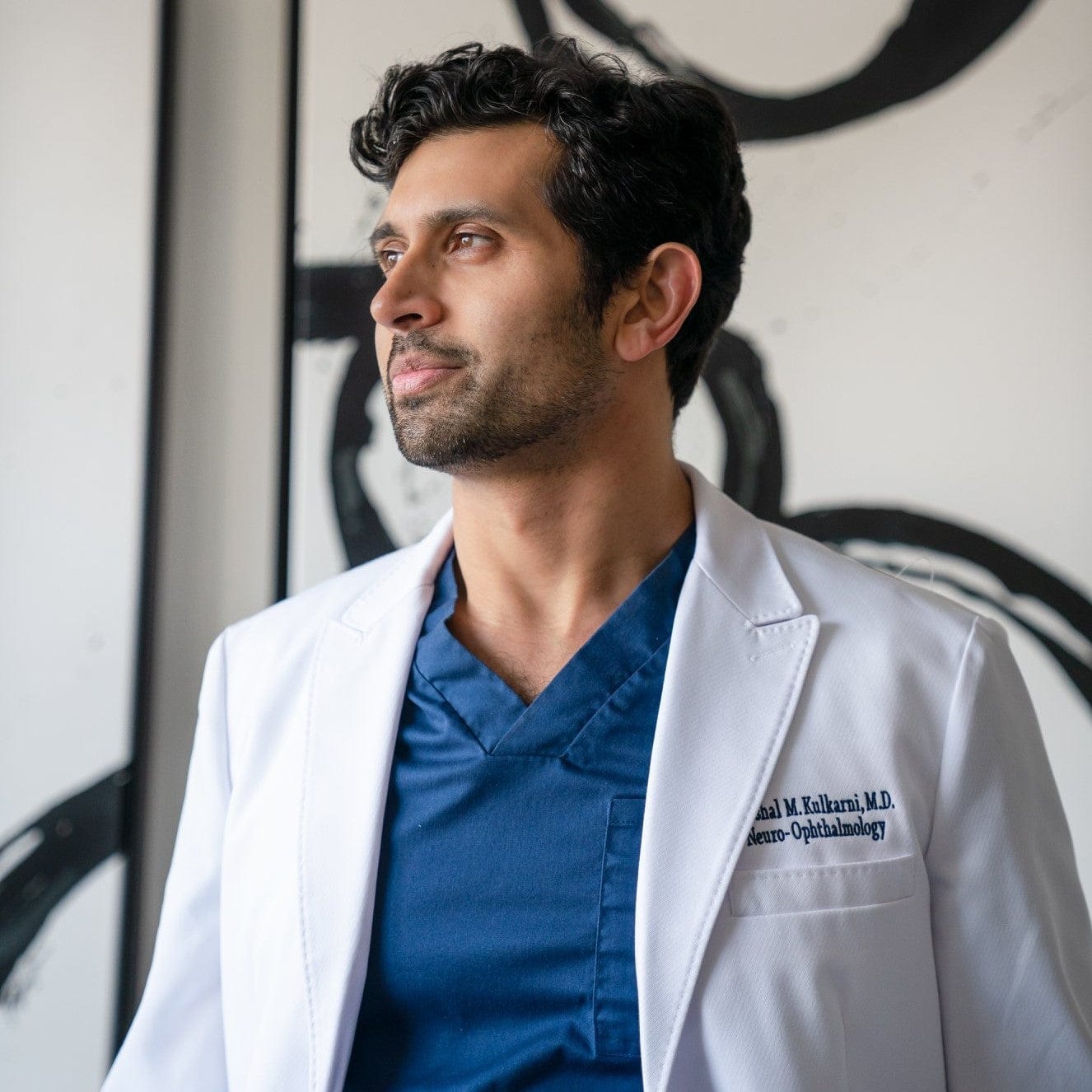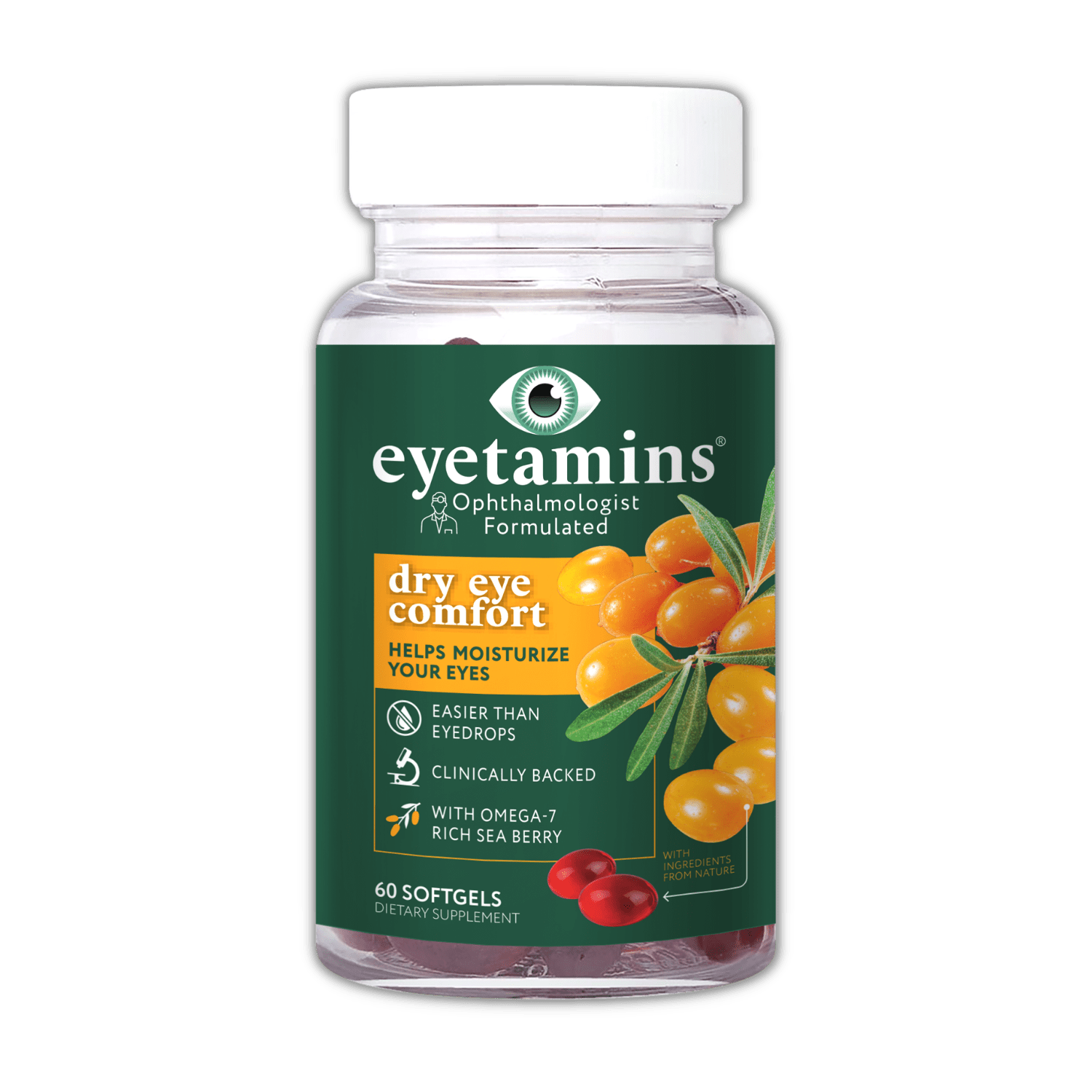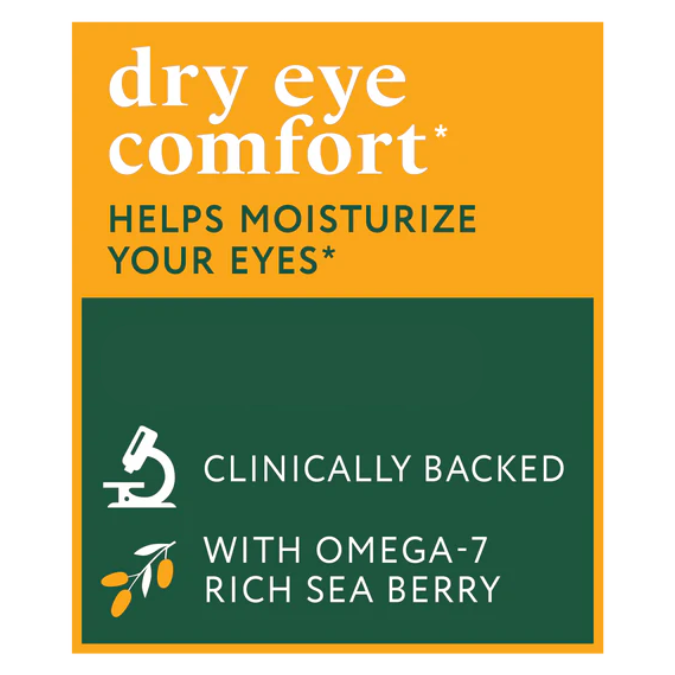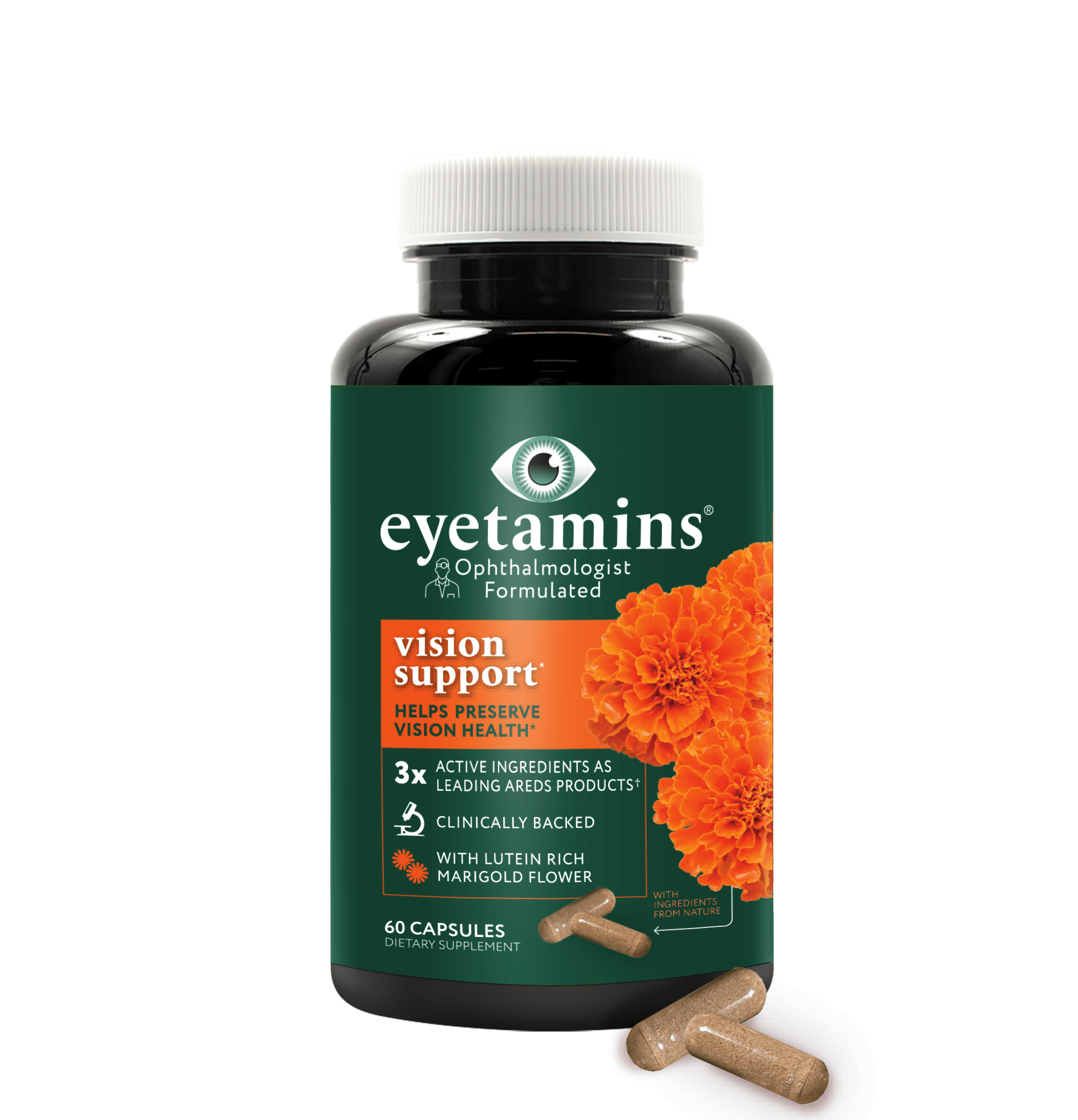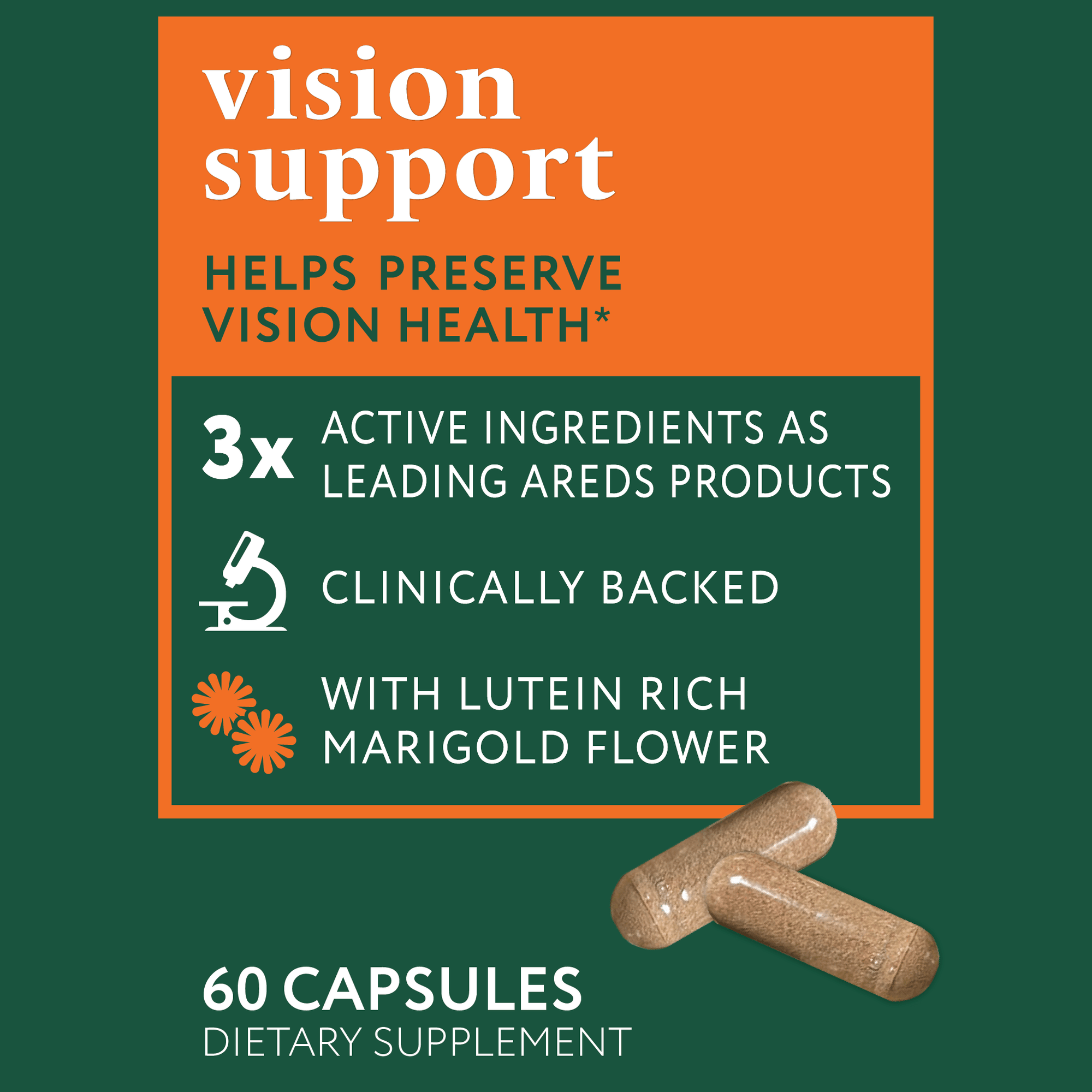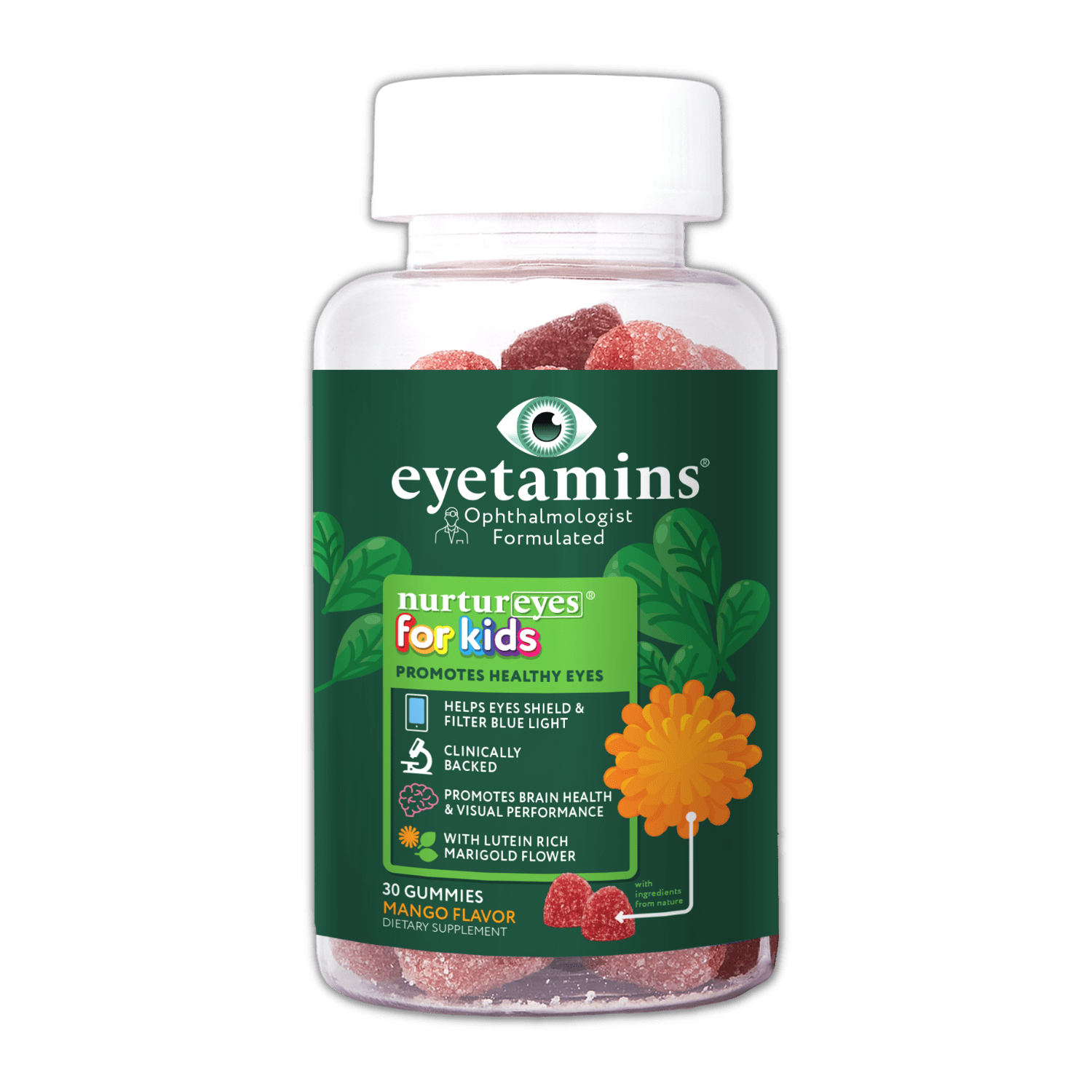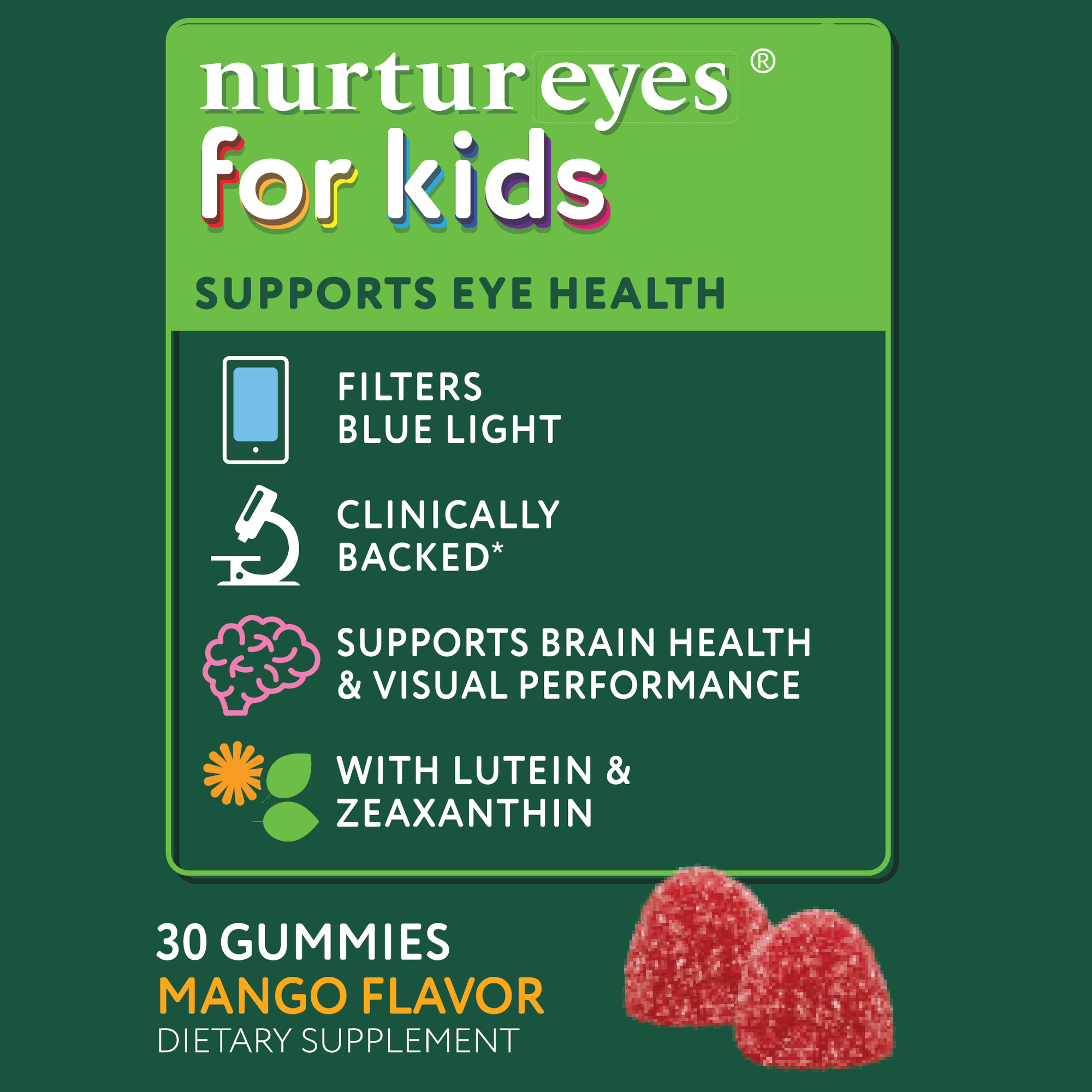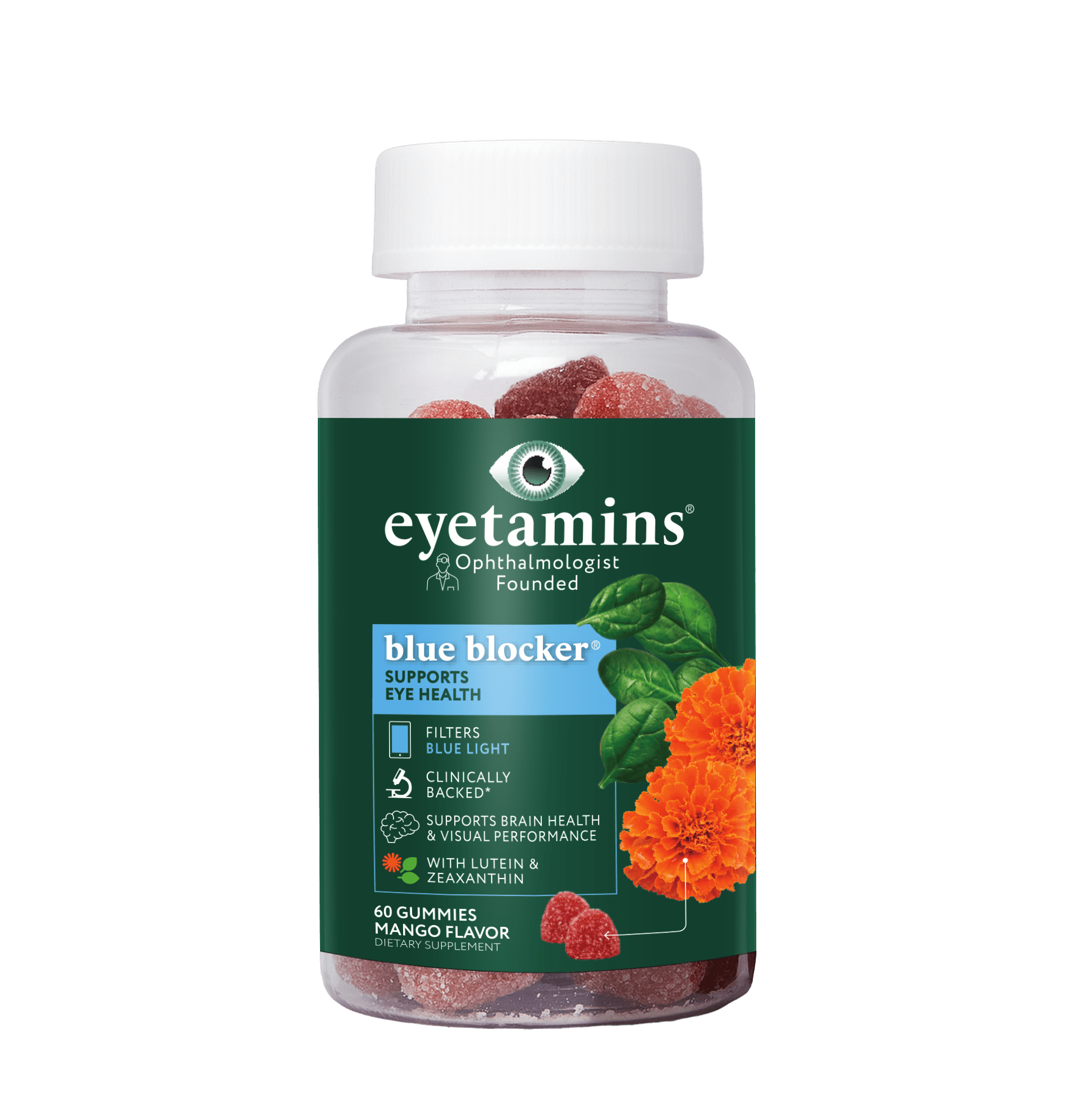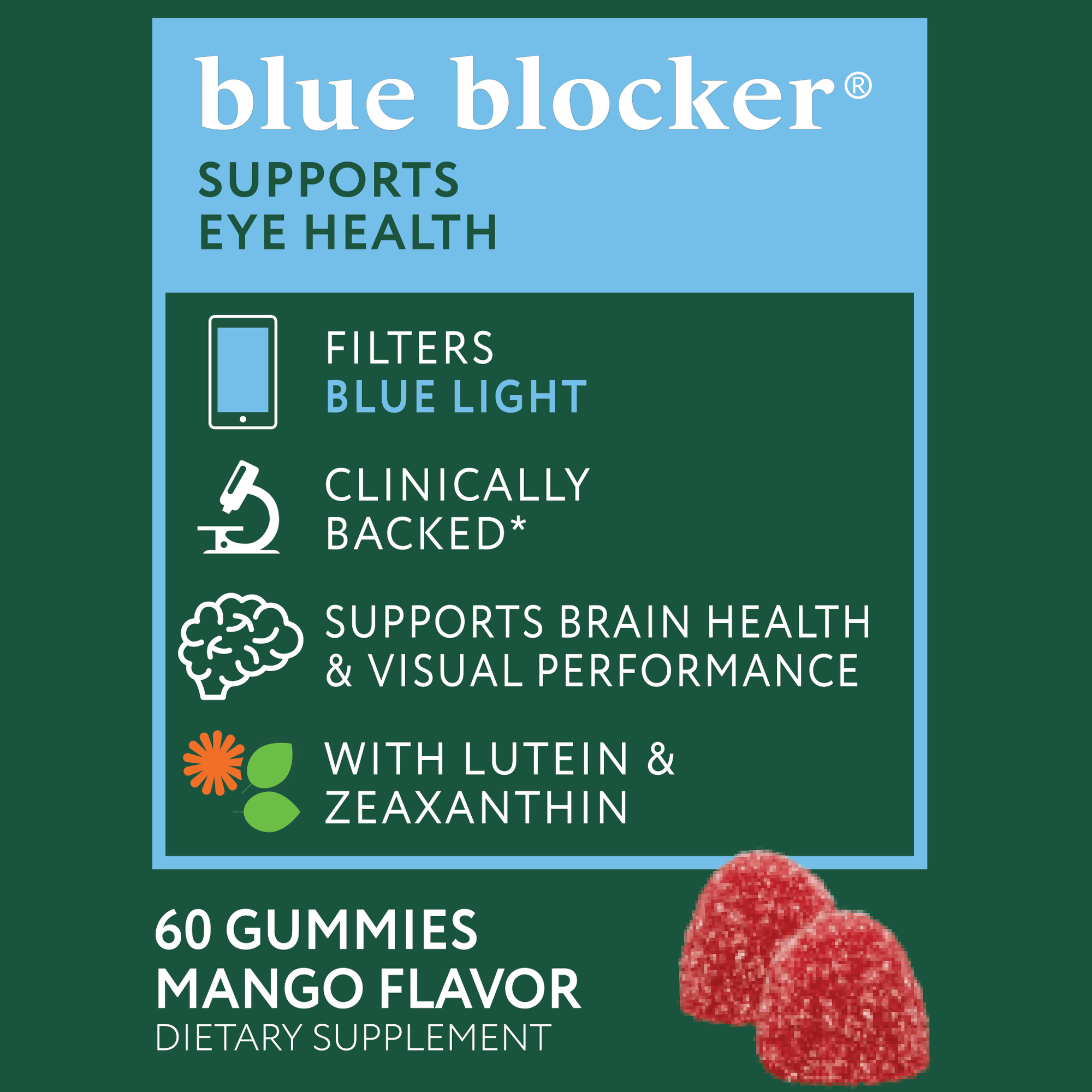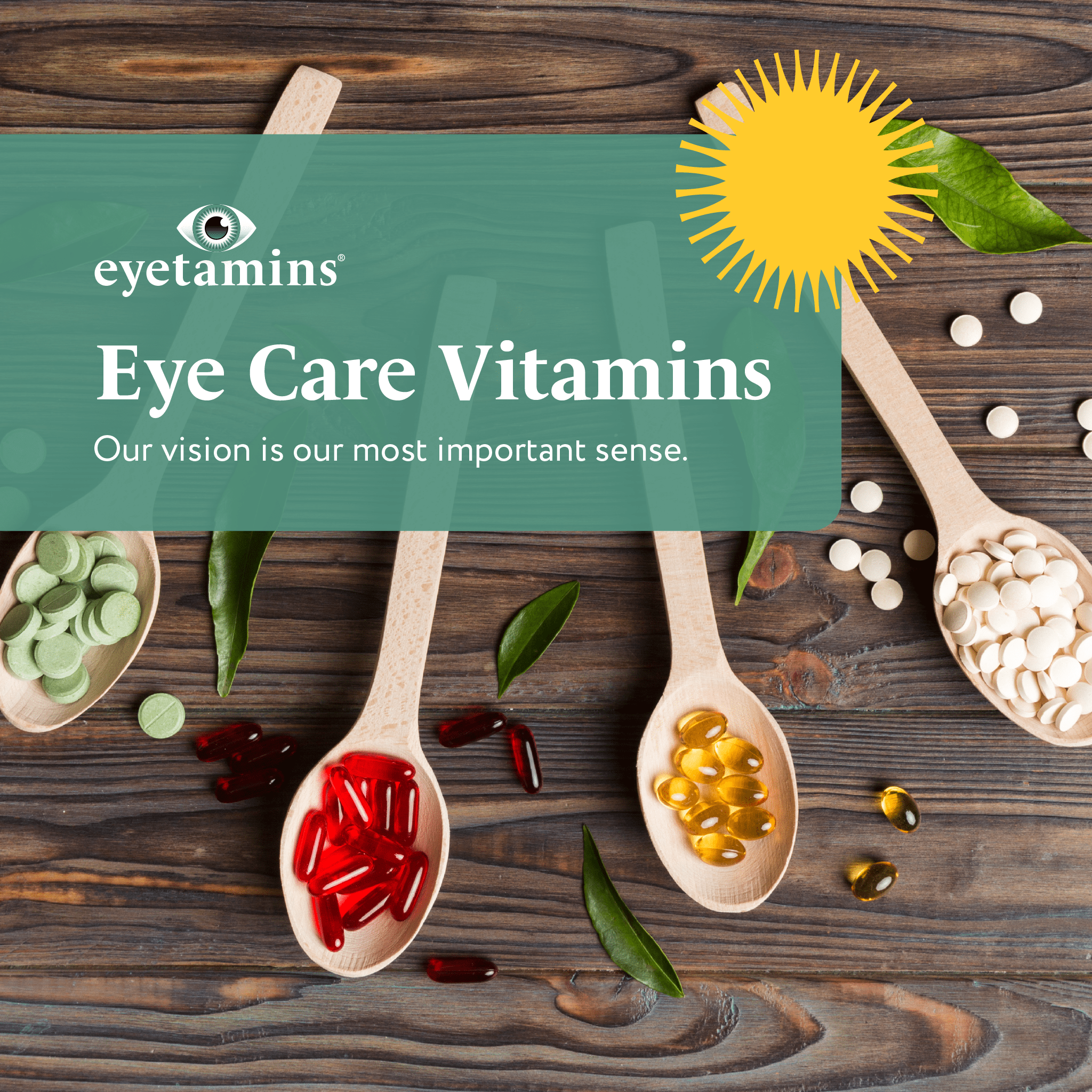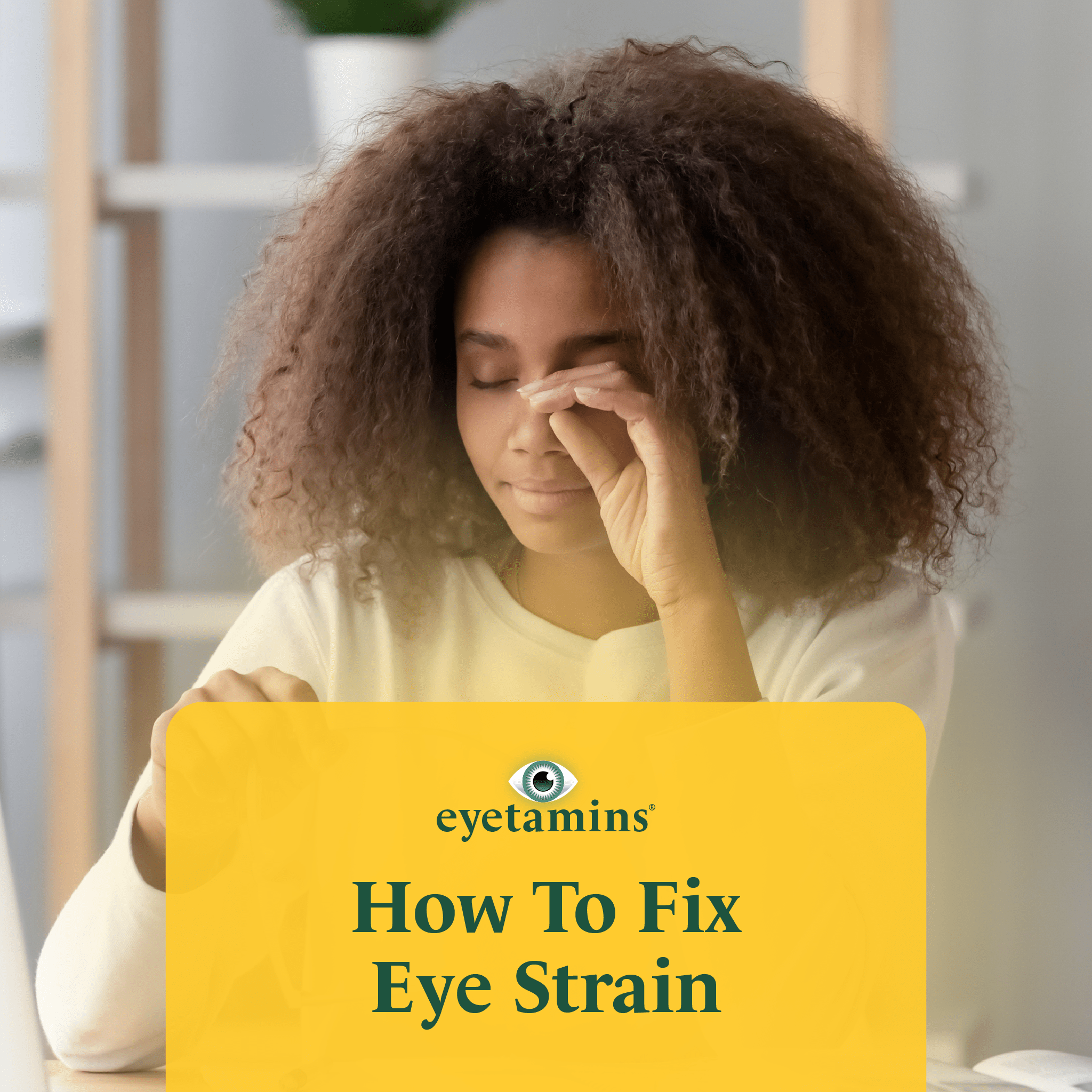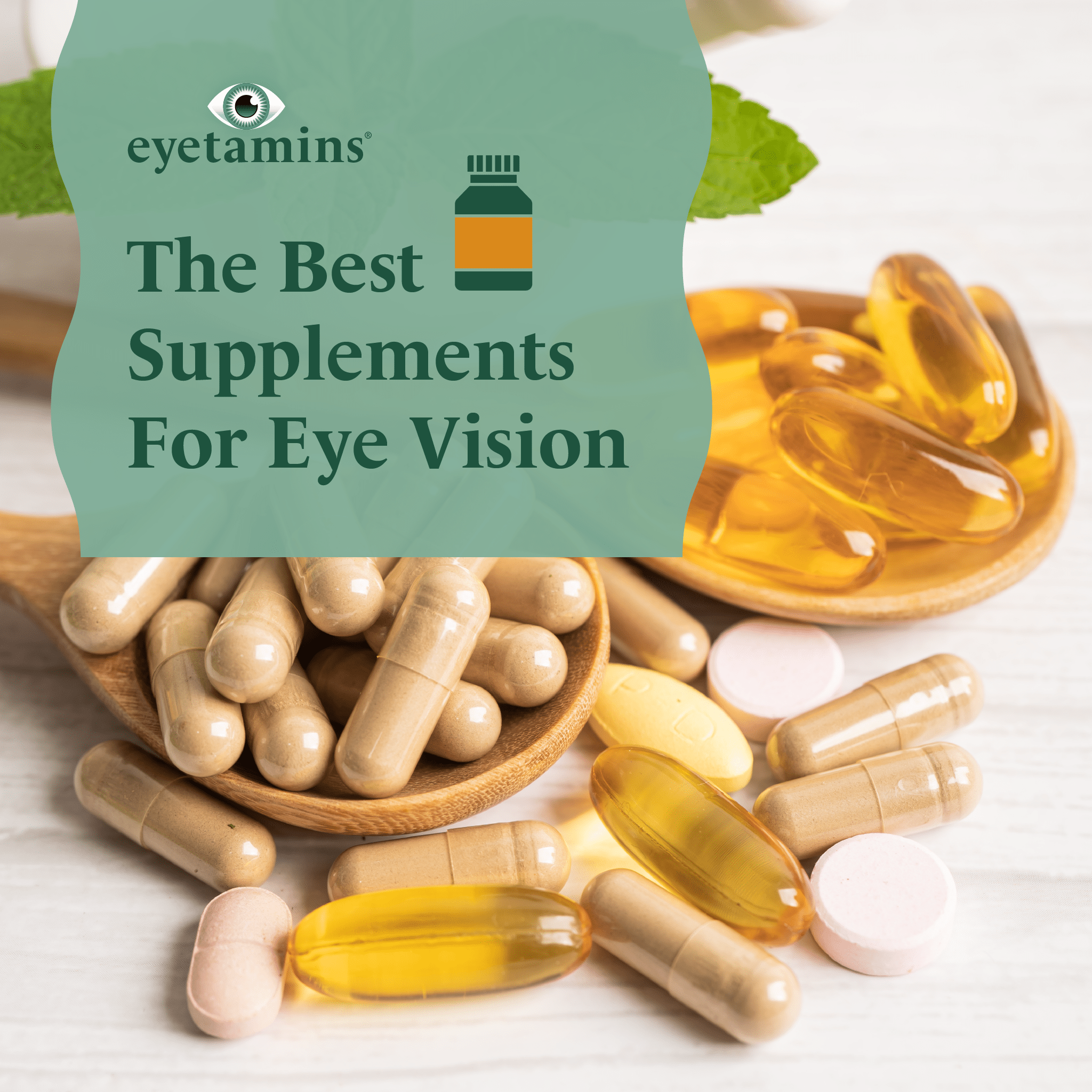· By Dr. Kaushal M. Kulkarni, M.D.
Foods That Are Proven to Help With Eyesight
You are what you eat.
It is an age-old aphorism, but it could not be truer when it comes to eye-health. In fact, most of us believe that failing eyesight (alongside everything else) is an inevitable result of aging.
This, however, is not always true. A healthy diet and lifestyle can significantly reduce the risk of eye health problems. Indeed, an Age-related Eye Disease Study found that certain nutrients - zinc, copper, vitamin C, E, lutein and zeaxanthin- can reduce the chances of progression from intermediate to advanced age-related macular degeneration by 25% percent.
In this article, we will explain the top six foods and supplements that can give your eyes the vitamins and minerals they need (plus much, much more)!

Best Foods for Eye Health?
Red Peppers
Red peppers give you the most vitamin C per calorie. This is great for your overall eye health. But note: heat breaks down vitamin C, so red peppers are best enjoyed raw. Vividly colored specimens are also jam-packed with eye-friendly vitamins A and E. Check out this video on the 12 amazing benefits of red peppers.
Sunflower Seeds and Nuts
Just one ounce of sunflower seeds or almonds has over half the amount of Vitamin E recommended for adults each day. Studies have shown that this vitamin, in conjunction with other nutrients, can help reduce the risk of progression of certain stages of age-related macular degeneration.
Dark, Leafy Greens
Eat your greens! Kale, spinach, and collard greens are fabulous sources of both Vitamins C and E. Not only this, they are rich in carotenoids Lutein and Zeaxanthin. These forms of Vitamin A have shown numerous vision and eye health benefits in hundreds of clinical studies. Despite their immense benefits, most people in the West diet don't get enough of them.
Salmon
To function, your retinas need two types of Omega-3 Fatty Acids: DHA and EPA. Do you know them? Alongside salmon, they are found in tuna and trout, plus most other fishy creatures. Omega-3 has been clinically proven to help support your eye health. And there is more. Look at these five health benefits of eating salmon.
Sweet Potatoes
Orange fruits and vegetables, such as sweet potatoes, carrots, and cantaloupe, mangos, and apricots, are high in a form of Vitamin A that helps with vision. One sweet potato has more than half the amount you need in a given day. They are not just sweet to your eyes, but your taste buds too!
Lean Meat and Poultry
Zinc brings Vitamin A from your liver to your retina, where it is used to create the protective pigment melanin. Surprisingly Oysters have more zinc per serving than any other food.
What Foods are Good for Dry Eyes?
Over 16 million Americans experience dry eyes. Other than dryness of the eye, symptoms of dry eye include burning, irritation, and grittiness. While studies demonstrate that certain fatty acids, vitamins, and trace elements help dry eyes, there are certain foods that can assist the eyes in staying hydrated.
These are Mackerel, Cod, Trout, Herring, Salmon, Canola Oil, Rapeseed Oil, Flaxseed Oil, Sunflower Oil, Walnut Oil, Pork, Beef, Lamb, Cheese, and Milk products. Don't forget. Staying hydrated can help improve eye comfort - so drink plenty of water. It is great for your skin, kidneys, bowels, and your eyes.
Is There a Need for Supplements?
No matter how brilliant it is, your diet cannot cater to all your nutritional needs. In fact, the U.S.-based National Eye Institute states that the level of vitamins and minerals required is difficult to achieve with diet alone. As a result, supplements are a must.
Still need convincing? Read more about the benefits of supplements on our informative blog.
What Supplements?
Ok. Now that we know that supplements are needed, what ones do you choose? Luckily, eyetamins is here to help with that, too. One of our most popular products for your eye health is Vision Support. A five-star rated product, Vision Support supports eye health, defends against harmful blue light and promotes memory and learning, and aids cognition.
This makes it an ideal supplement for those wishing to turbo-charge their performance. But why?
Vision Support supports eye and brain health with 8 powerful super nutrients. These are Zinc, Vitamin E, Vitamin C, Saffron, European Bilberry, Lutein, Zeaxanthin, and Meso-Zeaxanthin. Read more about them here.

Up next is Dry Eye Comfort. Developed by the team of professionals at eyetamins, this is a unique and powerful formulation loaded with antioxidants and nutrients that help address the annoying problem of dry-eyes. It is packed with vegan Omega 3, 6, 7, and 9 to help moisturize and soothe. Derived from sea berry, it is a clinically proven dry eye solution.
People Also Ask:
What Vitamins Help Improve Eyesight?
As this article has demonstrated that vitamins play a crucial role in improving eye health. Try Vitamins A, E, C, Lutein, Zeaxanthin, and Omega-3 Fatty Acids.
Are Bananas Good for your Eyes?
Eating a banana every day is likely to help eye health. This is because bananas are rich in carotenoids - compounds found in fruits and vegetables that are converted into Vitamin A - which is vital for eye health.
Which Fruit is Best for my Eyes?
In reality, there is no one best fruit for the eyes. A healthy, balanced diet is also far, far superior. However, if you do have to choose, try red berries. They are overflowing with Vitamin C.
What Foods Help With Blurred Vision?
If you are having blurry vision, it is best to see an eye doctor first. Blurry vision can have an infinite number of possible causes, and it's best to find out if there is an underlying issue first, like dry eyes, cataracts, macular degeneration, or anything else.
Conclusion
Thanks to eyetamins, you should now know what six foods are proven to help eye health. But remember: diet alone will not suffice. Vitamins and supplements are necessary to consolidate the benefits of good tucker and enhance your precision vision.
Shop our product range now!

